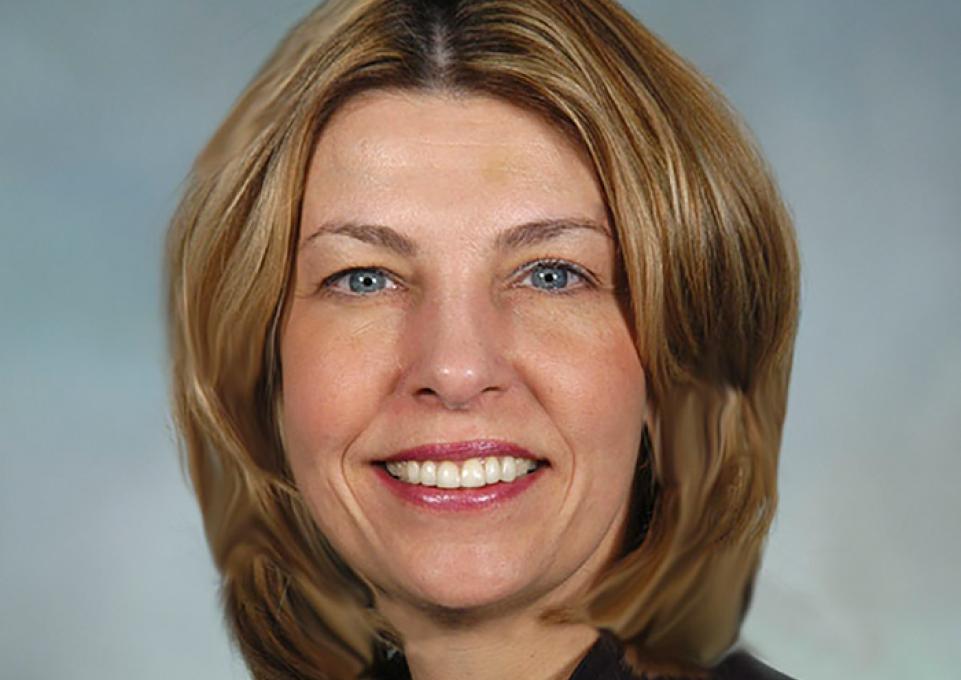
What can we do about the continuing occurrences of school shootings?
Nanci Monaco is an associate professor in the Elementary Education and Reading Department at Buffalo State, where she teaches child and adolescent development to students who plan to become teachers. She has researched school violence not just as an academic, but also as a law guardian, a professor of teacher candidates, a psychologist, and a previous member of a child protection team.
Her experience and research have convinced her that there is no simple solution. “I’m concerned that we’re going to take courses of action that haven’t been thought through,” she said.
There is no profile of a school shooter, Monaco said; they have little in common. “Broadly, they fall into three categories,” she said. “The people you’d expect, such as people who have been abused. People with psychoses, who, for example, may hear voices telling them to kill people. And then those who have all kinds of other mental health issues.”
But most of the people in any of those categories are not likely to plan and carry out a massacre. “The only thing that predicts violent behavior is a history of violent behavior,” she said. And not all shooters show that history, including the students who committed the shooting at Columbine High School in 1999.
Misunderstanding the Mental Health System
"I think the public believes it's a mental health problem with an easy fix, but it's not,” said Monaco. “Restrictions on mental health make it difficult to help people who need help unless they want it.” For example, if a parent expresses a fear that their 18-year-old child may do something violent, there is very little anyone can do if that individual does not want to speak to a mental health professional. Therapists can only report concerns about a client’s plan to harm someone if the plans are very specific—time, place, means.
“Mental health laws are written to protect the privacy of the client,” Monaco said. “Doctor-patient confidentiality is very strong legally because the intent is to encourage people to seek help without worry that their treatment could be used against them.” Also, most of the shooters have not been bullied or mistreated at school at a rate higher than other students, Monaco said. “You can’t assume that just being nicer to people will solve the problem.”
What Can Schools Do?
Monaco thinks that several avenues are worth exploring. “When schools hold active shooting drills,” she said, “it’s important to conduct them in age-appropriate ways. You don’t want to use simulated blood with students in first and second grade, and you probably don’t want to stage a drill too soon after a highly publicized shooting.” She believes it’s essential to notify the parents in advance and to encourage parents and schools to work together to understand that even simulations can cause anxiety.
“Intervention can work because shooters usually tell classmates,” she said. “Some have told students ‘Stay out of the library next Thursday,’ or ‘You might not want to be here tomorrow.’ Students will only report such remarks to a school official or teacher if they understand they’re preventing a murder, not ratting out a friend.” Such discussions have been productive; more than 100 shootings have been thwarted by interventions stemming from peer disclosure.
Training school resource officers to interact with students during lunch, activities, or class sessions is another idea. This may be more effective than any guns they carry, Monaco said.
“I think a team that includes law enforcement, counselors, school staff, and teachers shows promise,” Monaco said. “Such a team would meet frequently and monitor threats, review alarming social media posts, follow up on counseling, and so on. This would have eliminated the many missed opportunities to intervene in Parkland.”
Arming Teachers
“When we talk about arming teachers in my classes,” said Monaco, “my students express concern about what happens if they are armed as teachers and a student gets the weapon. Will they as teachers be responsible, not just morally but legally? What if law enforcement comes and multiple shooters add to the confusion?”
The problem of school shootings is complex. “It’s not just about AR-15s or mental health,” Monaco said. “We need to see this as the complex problem it is, study what has worked, and find successful ways to keep our teachers and their students safe in school.”
About Nanci Monaco
As a previous winner of the SUNY President's Award for Excellence in Teaching and the Chancellor's Award for Excellence in Teaching, she sees how crucial it is to involve her students in this important evidence-based research. She will take part in the Perspectives on School Violence Forum to be held on Thursday, March 8, at 4:30 p.m. in Bulger Communication Center South at Buffalo State.
WBFO-FM: Buff State discussion on school violence to look beyond gun debate
